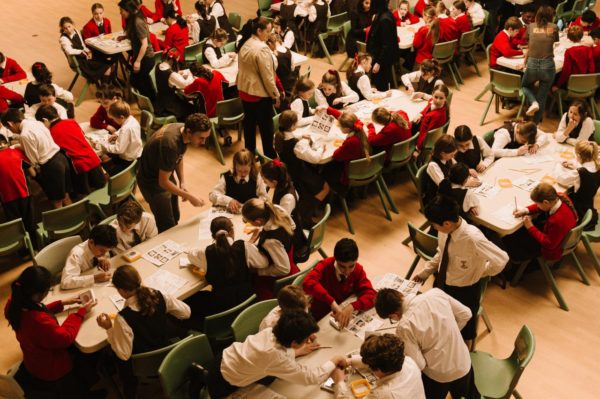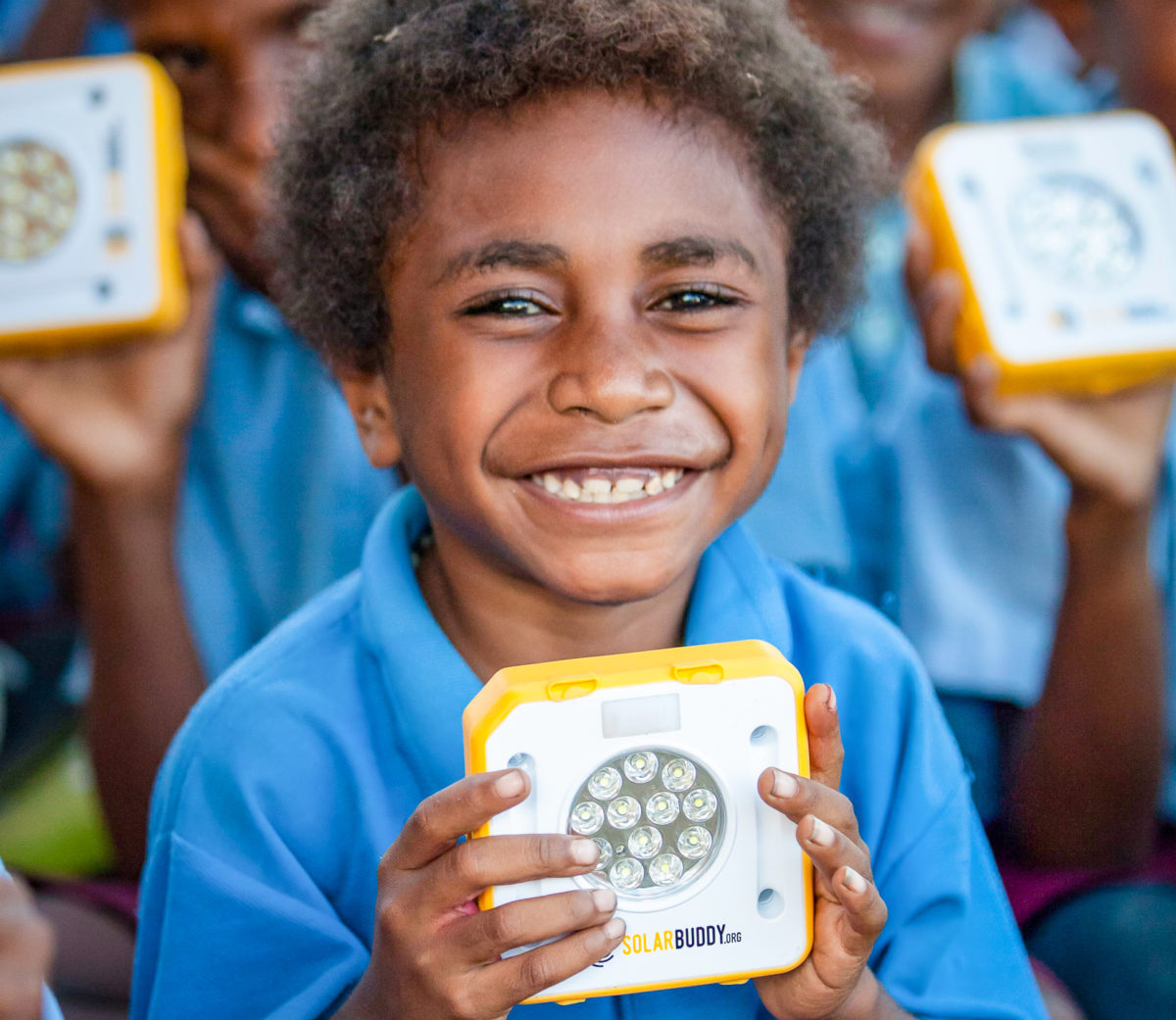Solving energy poverty, a lack electricity for cooking, heating and lighting, is key to solving poverty itself, says SolarBuddy’s CEO, Simon Doble.
As insidious and longstanding as energy poverty is, Doble says flip it on its head and suddenly it can be seen as a unique opportunity.
That is because energy poverty is greatest in countries which don’t have established grid networks and electricity infrastructure. Which means they also don’t have any historical reliance on polluting systems.
“Ultimately that’s an opportunity in developing countries that a lot of developed nations haven’t identified,” Doble told pv magazine Australia.
Doble points to the mobile phone industry as an example. That industry identified early on that Africa would be one of its biggest markets. Africa, unlike Western countries, had barely any landlines. There was no telephone system in the country, which meant the customers didn’t have to migrate to the new technology, they came to it fresh, making the uptake far more rapid.
In the case of renewables, Doble says today the majority of Madagascans live in energy poverty, but they could very quickly live on clean energy because their rollout won’t encounter any of the roadblocks thrown up by incumbent systems. “The shift that we as a country, Australia, are terribly dragging our heels on, isn’t required in countries that don’t have historic reliances.”

SolarBuddy
“That’s key for us to solve the issue of energy poverty very quickly,” Doble said. Delivering clean energy systems to energy poor countries like Papua New Guinea, Vanuatu, Cambodia, India, Madagascar, Kenya, and the Dominican Republic, can teach us a lot about how to rollout the technology, its applications and perhaps unforeseen drawbacks in a setting where it can be installed unhindered by by governments and industries with vested interests in maintaining old models.
“That to me is an opportunity,” Doble said.
SolarBuddy’s school programs
Doble founded SolarBuddy in 2016, after working on the problem of energy poverty for over a decade, including developing solar solutions for the United Nations. Since energy poverty disproportionally impacts children and women, locking them into cycles of poverty, Doble put children at the heart of his solution.
How the Brisbane-headquartered charity operates is by visiting Australian schools and teaching about energy poverty while the schoolchildren assemble, wire and waterproof a small solar light. That light then gets sent to children of a similar age in an energy-poor country. The aim is to educate Australian children on the global issue at the same time as giving them the tools to act.
“I wanted to design a program where kids didn’t make things for the sake of making it,” Doble said, “and they didn’t learn about an issue far away and not be able to do anything about it.”
The charity also runs similar programs for corporations and at conferences.
The solar lights participants build are small “like a little lego kit” and come from a factory Doble part-owns in China. The education for the kids is twofold as its also gives them a hands on experience of solar technology. “So they get to see a solar panel and how it works in the sun.”
Doble said the charity is currently in negotiations with two major solar companies, one Chinese and the other Canadian, regarding panel donation. He added the charity is always looking for new partnerships, be it with residential installers or manufacturers.
So far, SolarBuddy has distributed more than 130,000 lights worldwide, but this year it has significantly ramped up its ambition, targeting the delivery of six million solar lights to children living in energy poverty by 2030.
Energy poverty kills around 2.6 million people every year, Doble said. Unlike disease or disaster though, the deaths it causes are slow and those suffering are often unaware. That’s because the lack of access to electricity condemns people to using toxic fuels like kerosene or firewood which cause ill health, it also means as much as 40% of the household’s income goes towards heat and light, trapping them in a cycle of poverty that’s nearly impossible to claw back from. The lack of light means children cannot study after dark, impacting their education, and further reducing the possibility of escaping the cycle.
Social justice and climate action: Australia trails again
Social justice and clean energy have long been seen as intertwined issues – with many advocating the best way to address both inequity and the climate crisis is simultaneously with multi-tiered actions.
To this end, Hoble’s ongoing involvement with the UN and various global NGOs means he’s witnessed this happening firsthand. “A lot of countries are doing a lot of good stuff,” he said.
“Would I say Australia is? No.”
For Hoble, the bipartisan breakdowns of conversations about clean energy are endlessly frustrating. “It’s counterproductive,” he said. He’s witnessed polluters be cast out of the global conversation – a move he sees as naive. “You can’t just a flick a switch, there has to be a transition.”
“Until everyone comes to the same table and has the same objectives and listens to one another and actually comprehends the answers, then there’s going to be a lot of circling and that’s a waste of time as far as I’m concerned.”
This is precisely the cycle Hoble is trying to get away from through SolarBuddy. As a charity, it has tried to learn from the mistakes of its predecessors. “I have a moderate dislike for the repetition of charity from a high, large organisational point of view where it’s very bureaucratic or a very low, grass roots point of view where there’s lots of replication and lots of people scrambling around trying to solve the same problems when they should be collaborating,” he said.
“We sit somewhere in the middle of that, where we operate on a global scale and we partner and complement other NGOs which are trying to do something similar or certainly educate and trying to lift children out of poverty.”
This content is protected by copyright and may not be reused. If you want to cooperate with us and would like to reuse some of our content, please contact: editors@pv-magazine.com.









By submitting this form you agree to pv magazine using your data for the purposes of publishing your comment.
Your personal data will only be disclosed or otherwise transmitted to third parties for the purposes of spam filtering or if this is necessary for technical maintenance of the website. Any other transfer to third parties will not take place unless this is justified on the basis of applicable data protection regulations or if pv magazine is legally obliged to do so.
You may revoke this consent at any time with effect for the future, in which case your personal data will be deleted immediately. Otherwise, your data will be deleted if pv magazine has processed your request or the purpose of data storage is fulfilled.
Further information on data privacy can be found in our Data Protection Policy.